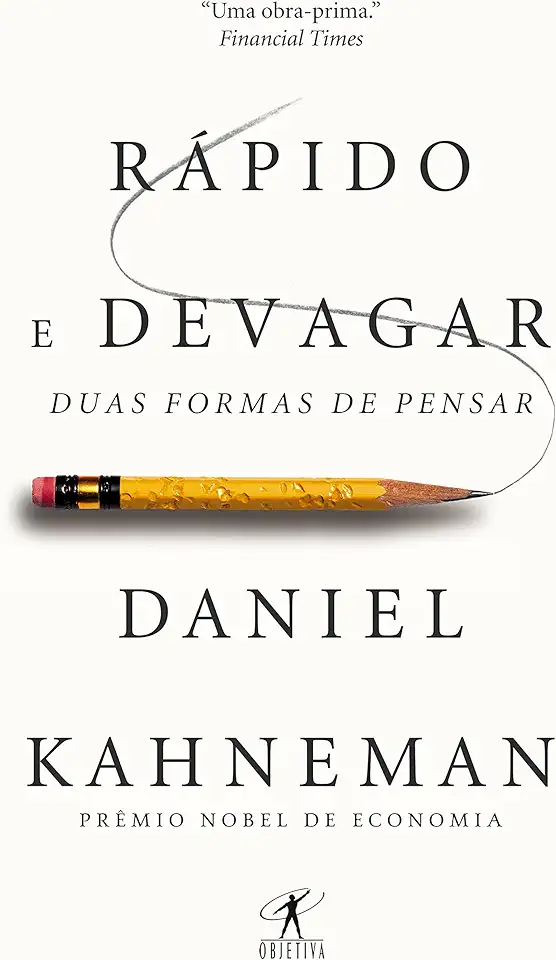
Thinking, Fast and Slow
Thinking, Fast and Slow: A Masterpiece of Behavioral Economics
Daniel Kahneman, a Nobel laureate in economics, takes readers on a captivating journey into the intricate workings of the human mind in his groundbreaking book, "Thinking, Fast and Slow." This intellectual masterpiece delves into the two systems that govern our decision-making processes, shedding light on the fascinating interplay between intuition and logic.
System 1: Fast, Intuitive Thinking
Kahneman introduces the concept of System 1, our fast and intuitive thinking mode. This system operates effortlessly, quickly processing information and generating immediate responses. It relies on heuristics, mental shortcuts that allow us to make rapid judgments based on limited information. While System 1 is efficient and often accurate, it can also lead to biases and errors.
System 2: Slow, Deliberative Thinking
In contrast, System 2 represents our slow, deliberative thinking mode. This system is more analytical and logical, requiring conscious effort and attention. System 2 is responsible for complex cognitive tasks such as problem-solving, decision-making, and self-control. However, System 2 is also more susceptible to fatigue and can be easily overwhelmed by information overload.
The interplay of Systems 1 and 2
Kahneman argues that these two systems work together to shape our thoughts, feelings, and actions. System 1 often dominates our decision-making, but System 2 can intervene when necessary, overriding intuitive responses and guiding us towards more rational choices. Understanding the interplay between these systems is crucial for making better decisions and avoiding cognitive biases.
Key Insights and Applications
"Thinking, Fast and Slow" offers a wealth of insights into human behavior, with profound implications for various fields, including economics, psychology, business, and everyday life. Kahneman provides practical advice on how to harness the strengths of both systems and mitigate their weaknesses.
For instance, he suggests that we should be aware of the limitations of System 1 and actively engage System 2 when making important decisions. We should also seek out diverse perspectives and avoid relying solely on our intuition. By understanding the cognitive processes that underlie our choices, we can become more mindful and rational decision-makers.
A Must-Read for Understanding Human Behavior
"Thinking, Fast and Slow" is a must-read for anyone interested in understanding human behavior and making better decisions. Kahneman's brilliant synthesis of psychology and economics provides a deep dive into the complexities of our minds, offering valuable insights that can transform the way we think and act.
With its engaging narrative, thought-provoking examples, and practical applications, this book is a captivating exploration of the human condition. It is a masterpiece that will leave a lasting impact on readers, challenging them to think more critically and make wiser choices in all aspects of life.